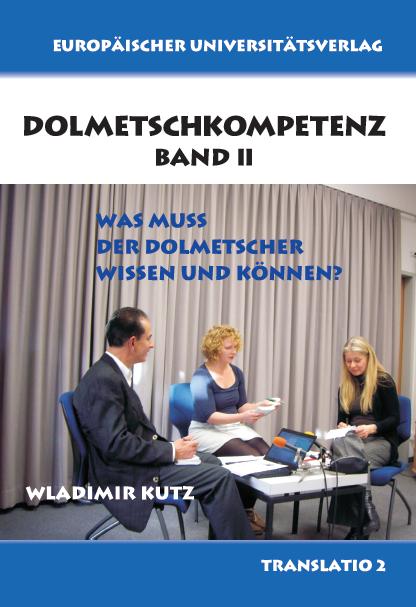
Dolmetschkompetenz Band II
Product Information
DOLMETSCHKOMPETENZ Was muss der Dolmetscher wissen und können? Bereits als Student eines gemischten Übersetzer- und Dolmetscherstudienganges be-schäftigte mich die Frage, in welcher Form die facheinschlägige Wissenschaft einen möglichst geraden und effektiven Weg dazu zeichnen sollte, die Kunst des professio-nellen Dolmetschens zu erlernen – das auch damals oft mit der anderen Hauptart der Translation vermengt wurde, man liest bekanntlich bis heute in manchen Tagungsun-terlagen von der „simultanen Übersetzung“ der Konferenzbeiträge. Die langjährigen Erfahrungen als Übersetzer, als Dolmetscher sowie als Ausbilder und Forscher haben diesem Wunsch Inhalte, Formen und Instrumente verfügbar gemacht. Diese aus drei Teilen bestehende Veröffentlichung richtet sich vor allem an Lehrer und Studenten des Konferenzdolmetschens, darüber hinaus aber auch an alle am Dolmet-schen interessierten Fachleute und Laien. Nicht zuletzt möchte diese Lektüre auch manchen für den Einsatz von Dolmetschern Verantwortlichen davon überzeugen, dass die Erfüllung seiner kommunikativen Wünsche auf internationaler Ebene nur durch Per-sonen gewährleistet werden kann, die das Dolmetschen professionell beherrschen.